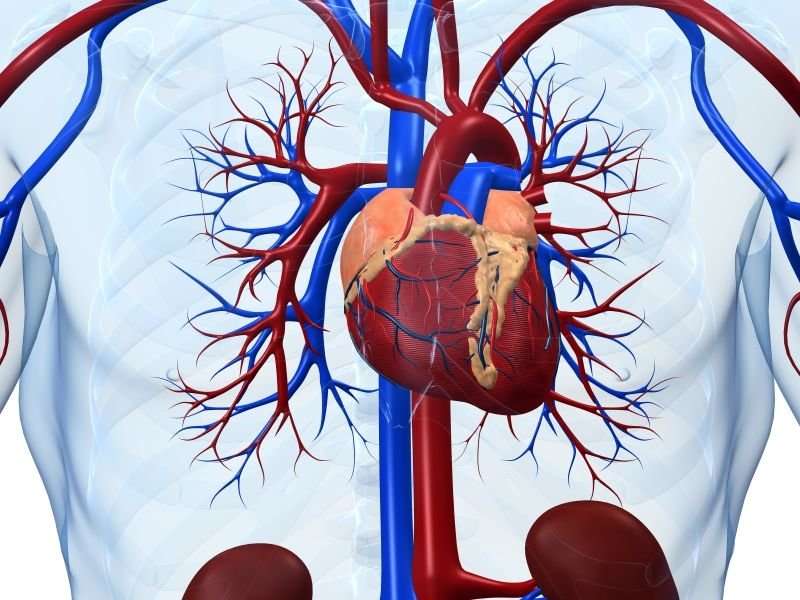Medicare paid $1.5 billion to replace faulty heart devices

(HealthDay)—Medicare paid at least $1.5 billion over a decade to replace seven types of defective heart devices that apparently failed for thousands of patients, according to an article published Oct. 2 in The New York Times.
The findings are part of a report released Oct. 2 by the inspector general's office for the U.S. Health and Human Services Department and marks the first effort by government to assess the losses to taxpayers and patients aged 65 and older from medical gear that proves faulty.
The report found that 73,000 people on Medicare had one of the seven devices (which included cardio defibrillators and a pacemaker) replaced because of recalls, premature failures, medically necessary upgrades, or infections. In addition to what officials called a "conservative estimate" of $1.5 billion paid by Medicare, patients paid $140 million in out-of-pocket costs for care related to replacement of the devices. To improve identification of the defects, the inspector general recommended that hospitals and doctors be required to submit detailed information identifying failed devices, including serial and batch numbers, during the billing process.
"This could help reduce Medicare costs by identifying poorly performing devices more quickly, which could also protect beneficiaries from unnecessary costs and improve their chances of receiving appropriate follow-up care more quickly," the report said.
More information: More Information
Copyright © 2017 HealthDay. All rights reserved.















